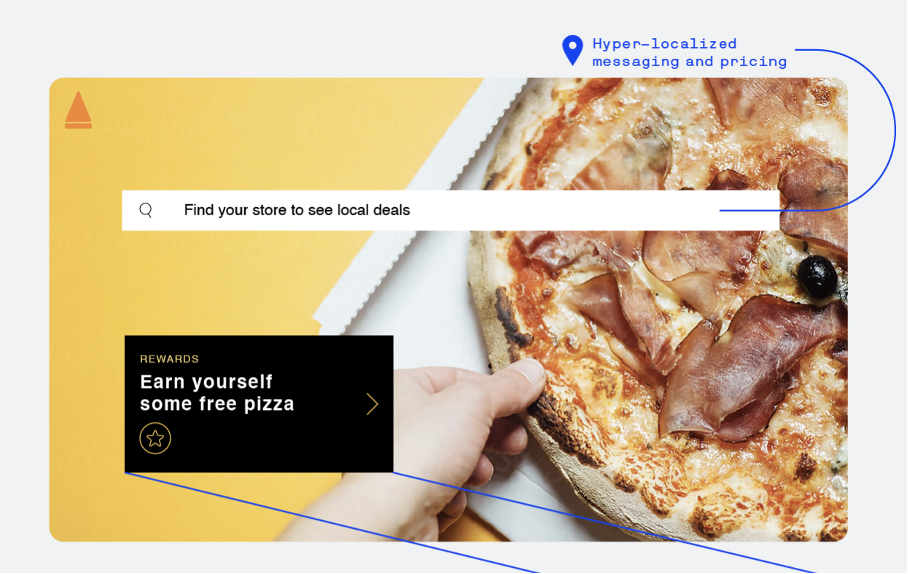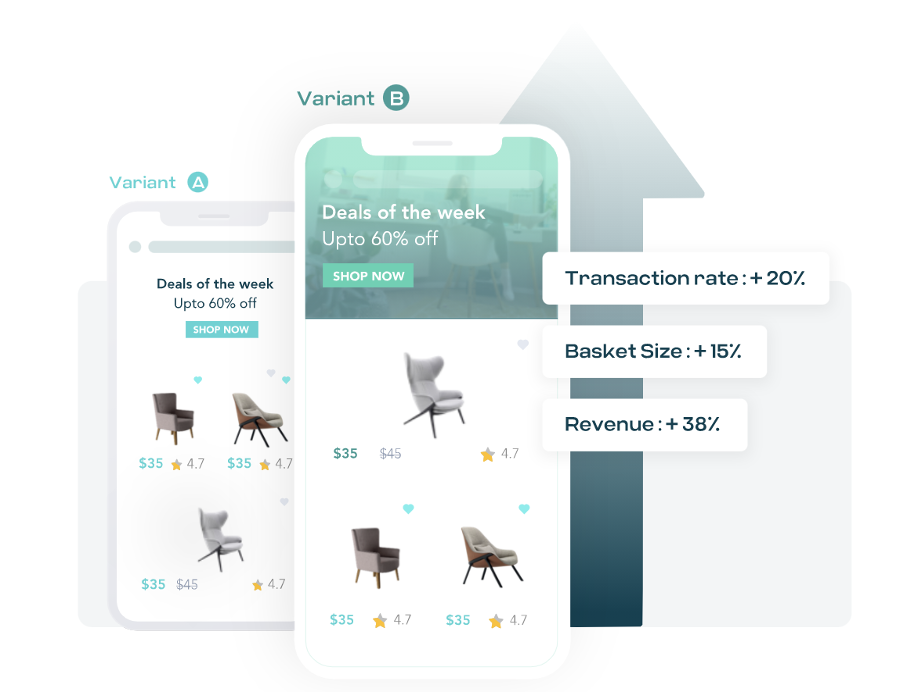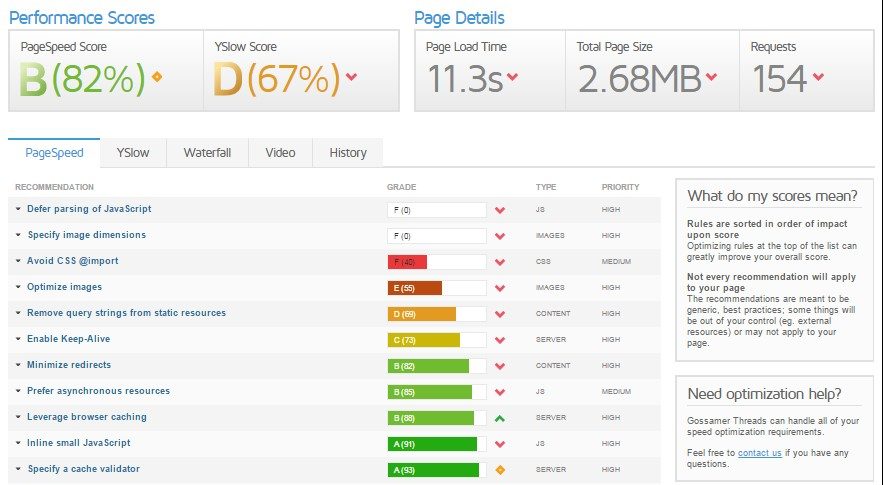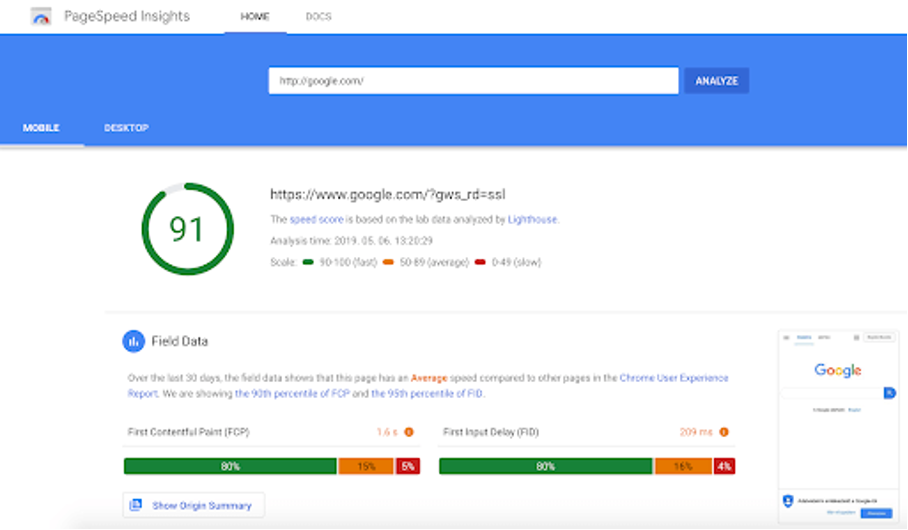Building an ecommerce store is a significant venture and as such, you require some of the best marketing tools to help your online business grow. Whether you sell your own product or provide a service that helps others market their products or services online. eMarketing tools and resources will ultimately help propel your website to the top of the rankings and increase your productivity.
Ecommerce marketing is challenging because there are many different steps involved. The main tools that you need for ecommerce marketing include: • Email Marketing • Facebook Ads • Social Media Marketing • Paid Search Optimization • Analytics (both tracking and reporting)
1. OptiMonk: Drive more conversions with popups and other onsite messages
We couldn’t not lead with OptiMonk, our award-winning, conversion-driving popup solution.
OptiMonk bulked up to cult status among the ecommerce community as an easy-to-use popup creator tool. It lets store owners create striking onsite messages without needing any design skills.
But it’s more than a simple popup tool. OptiMonk has grown into a go-to Customer Value Optimization (CVO) platform that helps online shop owners create a delightful shopping experience. It is a perfect mix of personalization, A/B testing, and advanced segmentation.
There are five pricing plans to choose from, including our Forever Free Plan (no credit card required) and our Essential plan that is only $29 a month.
Each plan scales up your page views and domains and offers additional premium features.
Create your free OptiMonk account and start growing your business today.
2. Optimizely: A/B testing and multivariate testing tool
Optimizely is a popular A/B and multivariate testing tool. It helps run better experiments and creates a more responsive customer experience.
For example, you can use it to test two homepage variations that each feature a different design and copy.
There are two main pricing plans to choose from:
- Web. It offers a code-free visual editor for website experiments and personalized campaigns.
- Full Stack. It allows you to utilize feature flagging (a software technique that allows you to turn off and on specific functionality, sans code) and experimentation within your stack.
Contact Optimizely’s sales team to find out pricing.

3. AB Tasty: The experience optimization company
AB Tasty is dedicated to building better user experiences.
They fuel their experimentation and feature management platform with AI and automation.
Your real-life results? More targeted, ROI-generating campaigns.
AB Tasty backs up their platform with impressive figures—think 19%+ conversion rates.
Let’s talk pricing: there are several personalized plans to choose from. To find out costs, you need to contact the AB Tasty team.
Find out more about AB Tasty here.

Best website optimization tools
Wish your site was faster, easier to navigate, or offered a better user experience? Take a look at our best website optimization tools collection below.
4. Compressor.io: Fast & efficient image compression
Looking for a free ecommerce tool that helps you reduce the size of your images without ruining the quality? Look no further.
Compressor.io speeds up your website faster by compressing your photos—providing an awesome boost to your SEO rankings.
There are two pricing plans:
- Free.
- Pro. It offers unlimited compressions and zero ads, and it costs just $50 per year.

5. GTmetrix: Website performance testing and monitoring
Want to analyze your website’s speed accurately?
Discover which pages are loading slowly and see how you can increase your site speed with GTmetrix. You can test your site speed in 22 different global testing locations.
Take a look at the pricing plans:
- The Basic plan is totally free.
- The Solo plan is defined as “A minimal plan for those who need more features and on-demand tests.” It costs $10 a month.
Head over to GTmetrix to learn more about their plans.

6. PageSpeed Insights API: Analyze the performance of your website
Google also offers a fantastic tool for checking page speed, accessibility, and performance.
Besides analyzing your page speed, it also gives you tips on how to make your site faster and most effective—for both desktop and mobile views.
Check out the free tool here.

Tool # 06: Trello

This website enables you to use their boards and lists to organize and arrange your projects. Trello can be used to organize business-related or even personal. Plans and events. Extra features include comments, due dates, and required attachments.
Trello is free and can be accessed by signing up. It can be found as an app on the Google Play store and the App Store. The Trello blog can be used to understand and learn about the website as well as learn a few tips and tricks.

Tool # 07: Slack

It is a website where discussions about projects, announcements, and projects can be shared among users. The users can communicate in channels, organized by a team or project. Conversations, chat rooms, and files can be searched and information about other users can also be learned.
Slack is a free tool, where the user can sign up and join pre-existing organizations or create their workspace. Slack is also one of the best customer experience tools for eCommerce businesses.
Email marketing tools for eCommerce business
As an eCommerce business, the easiest way to market products and services is by using email technology. Email marketing has become a relatively faster and easier method of reaching clients and customers. Through an email list for an eCommerce business, send relevant messages with a personalized touch. also, this type of eCommerce marketing tool gives more changes to improve your eCommerce marketing funnel conversion rates.
Tool # 08: MailChimp

MailChimp is an email marketing platform to create, connect, automate, and optimize your work. Emails and advertisements can be created, sent to required people’s inboxes or their social media feeds. The inbuilt email designer makes it easier to work.
Their in-built optimization tools help get to know your audience, act, and learn from every campaign. If you need here is an extended list of MailChimp alternatives.
Tool # 09: Campaign Monitor

This website can be used to generate email campaigns for eCommerce businesses, by using email customization templates. These templates can be used to deliver interesting and attractive email advertisements. The personalization and customization tools make it easier to create.
Tool # 10: Active Campaigns

Send personalized, responsive, and attractive emails or trigger automated email responses based on customer action. The website also helps to organize all customer data and has a direct messaging feature where the organization can connect with the customers.
Tool # 11:Omnisend

For those who are looking to leverage email marketing, Omnisend is a great tool to use. Built with eCommerce in mind, it comes preloaded with tons of features, and emails, and automation workflow templates to help you get started quickly. No coding is required, Omnisend uses a visual drag-and-drop builder for emails, automation workflows, forms, popups, landing pages, and so on.
Omnisend also offers other channels for eCommerce marketers to reach their customers: SMS, MMS, and push notifications are but a few clicks away and can be added into automation workflows alongside email. This means you can create one automation workflow and reach your customer with well-timed SMS messages, push notifications, and emails.
Tool # 12: Klaviyo

This website helps create targeted, relevant emails, and social media advertisements. This website makes it easier to acquire information from the business eCommerce website, software, and marketing tools. Some tools include automated triggered emails for welcome chains and abandoned shopping carts.
Tool # 13: GetResponse

This is an online email marketing campaign management website offering marketing email designs and templates. It also offers statistical and analytical tools. This website, unlike most, is available in 27 different languages. The app is also available on the Play Store and App Store.

eCommerce Marketing Tools For SEO
Moz Pro
Moz Pro offers tremendous power for businesses looking to improve online visibility and brand awareness. We recommend taking the time to become familiar with the platform and all it has to offer.
Optimize your website pages, track rankings and increase overall reach by leveraging Moz Pro’s features, including:
- On-Page Grader
- Campaigns
- Link Explorer
- Keyword Explorer
- Ranking Tools
- Site Crawl Report
- On-Demand Crawl
- Rank Tracker
We love Moz Pro because each of these features addresses a different facet of eCommerce SEO. We use this tool daily − both internally and for our clients − and have seen significant increases in our traffic and visibility as a result.
SpyFu
SpyFu is the ultimate competitive research tool. Identify your paid and organic competitors (including keyword and ranking details) and buy recommendations, gaps and more.
Better understand your competition’s organic and paid rankings by utilizing all of the features SpyFu has to offer, like:
- Kombat
- Related Keywords
- Ranking History
- Backlinks
- Keyword Competitor Tool
- Keyword Grouping Tool
Ahrefs
We love all of the features that come with Ahrefs. Internally, we use the keyword explorer to identify highly-searched keywords, the site audit feature to identify any technical SEO errors and warnings, and the rank tracker tool to see how our website ranks on search engine results pages.
Here are some of Ahrefs unique features that differentiate this tool from the competition:
- Do keyword research for 10 search engines
- See “clicks” data
- Get total search traffic estimations
- See backlink growth or decline over time
- See top subfolders by traffic
- See keyword click distributions
- Analyze SERP history
- Uncover content gaps
- See ranking history
- Monitor outbound links
- Find link prospects with Content Explorer
- Get keyword rankings alerts
- Analyze internal backlinks
Our Favorite Advertising & Tracking Tool
Google Marketing Platform
We could write a novel about the eCommerce marketing tools Google offers! Thankfully, this isn’t a novel. Improve rankings, visibility and conversion by leverage some of these fan faves:
- Google Ads – Digital Advertising
- Google Optimize – A/B and Multivariate Testing
- Google Analytics – Website Insights
- Google Search Console – Reporting and Site Health
- Google Tag Manager – Website and SEO Optimization
These are just a few of the many tools available through Google’s Marketing Platform. We use these tools both internally and externally on a daily basis and find significant value in the benefits they offer. From testing to reporting, Google remains an industry leader in digital marketing and can help eCommerce businesses continue to grow through its tools.
Conclusion
Marketing tools are beneficial for every business. They help the company to improve their product promotion. E-Commerce marketing becomes easy when you get help from these tools.marketing automation tools for eCommerce businesses out there that can help you grow in profits and brand value. Add customer service tools for an eCommerce business to the mix and all you need to do is find the perfect match!
